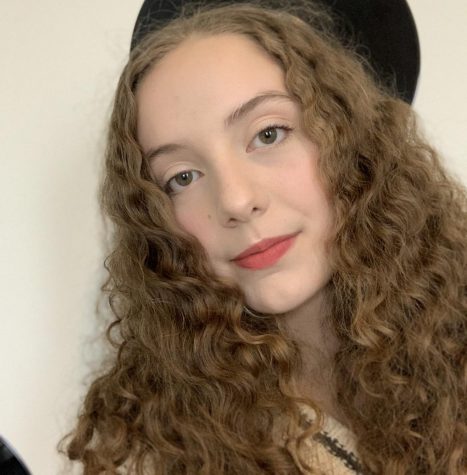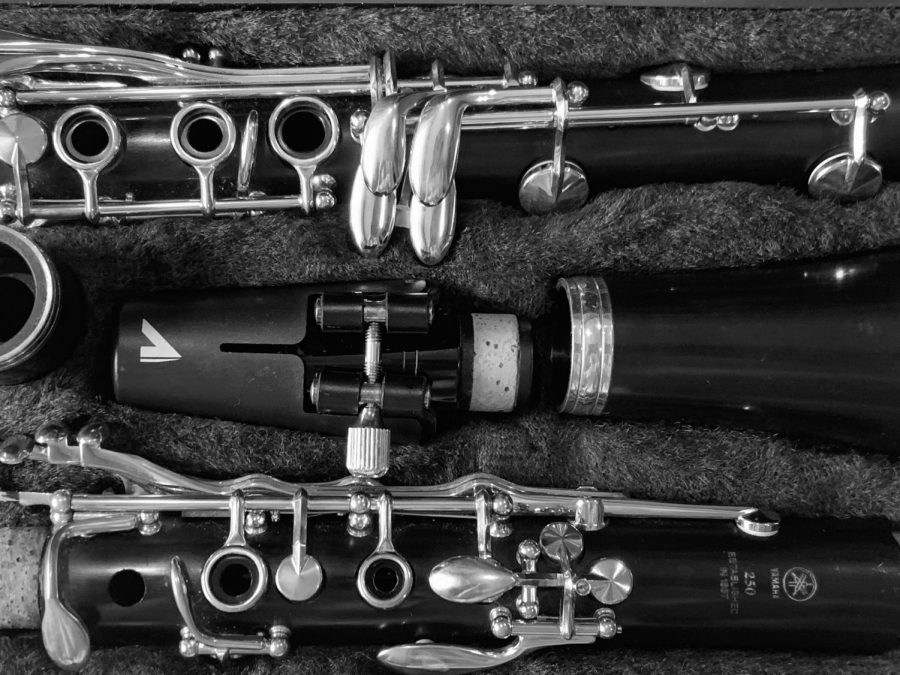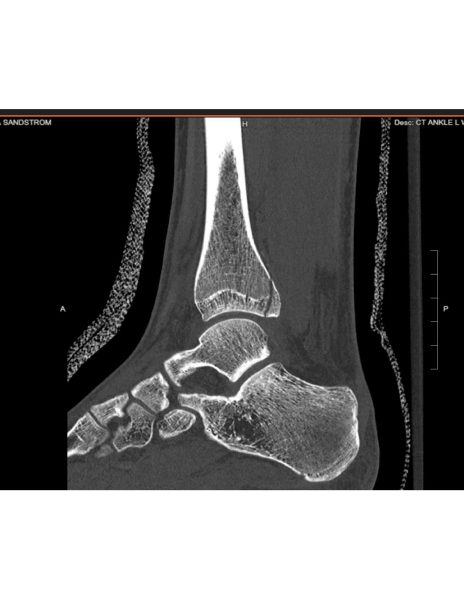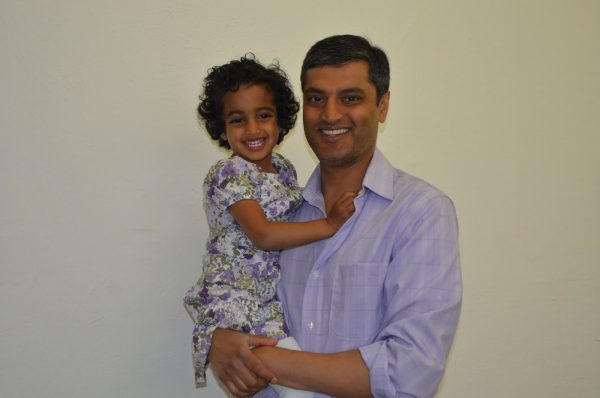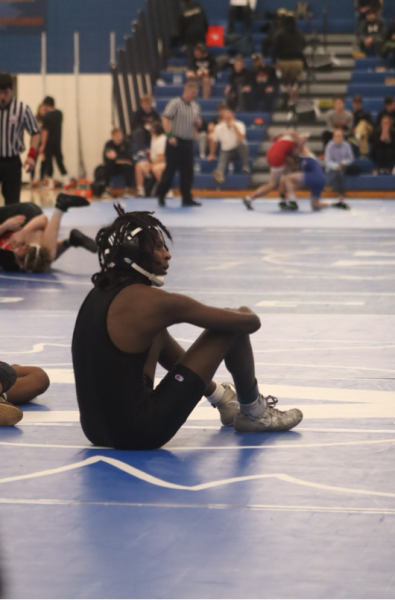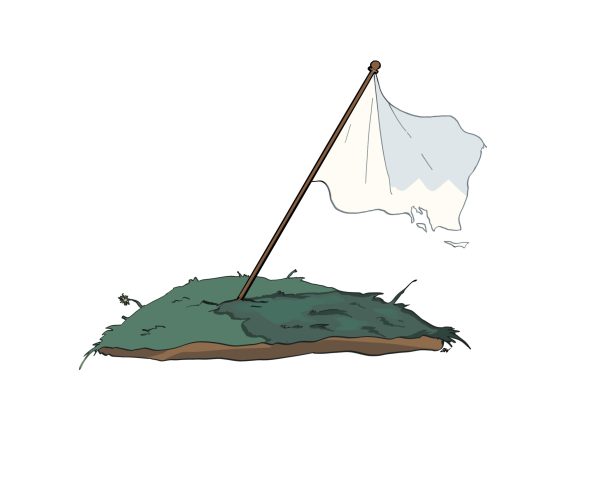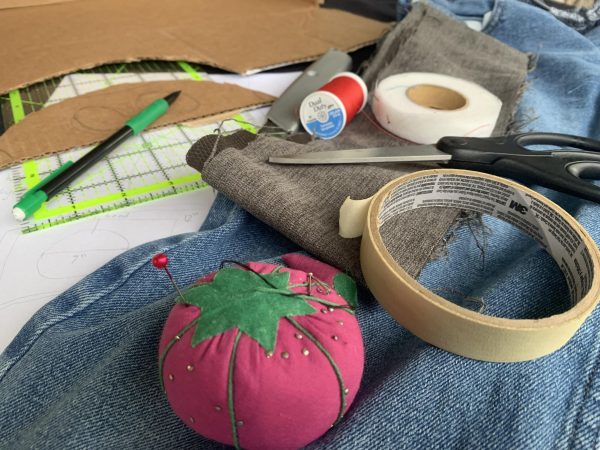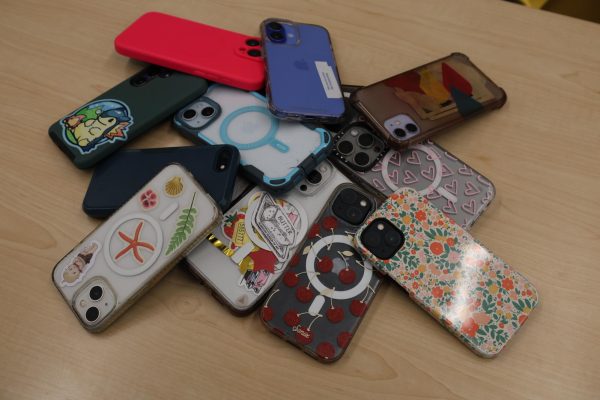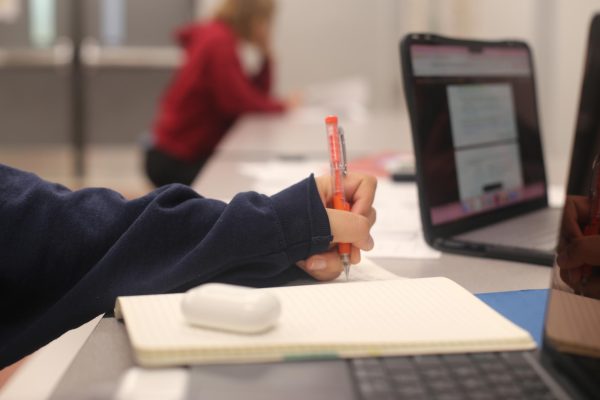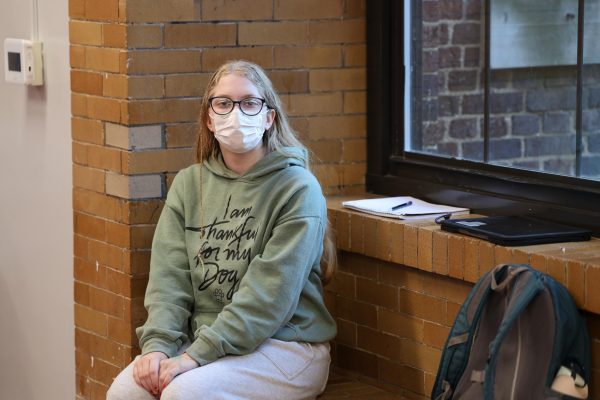A Missing Melody
I wiped my sweaty palms onto my black jeans and headed to the edge of the stage. Looking out into the audience, I was able to make out the dimly lit faces of friends and family. Trying to remain focused, I snapped my eyes directly back to the daunting piece of sheet music I had been practicing strenuously for months. This was the moment: my first ever concert band solo, and I wasn’t about to let it be my last.
My eyes shifted to the cheery director that I had begun to think of as family. Her short brown curls bounced as she made her way to the elevated podium that still only made her look 5’3. She raised her hands with a knowing smile and I held up my Yamaha plastic Bb Clarinet to my mouth in anticipation. She counted off the ensemble in a hushed tone, and everyone began to play in unison.
Everyone except for me.
I swore I was doing everything right: my ligature was adjusted to perfection, my reed had just the right amount of moisture, my ambachure was satisfactory, my air support adequate and my fingers placed exactly where they needed to be. But no matter how hard I tried, that familiar mellow sound wasn’t coming from the bell of my instrument. Though the entirety of the Emerson Middle School Band was playing behind me, all I could hear was the piercing silence of the inability to do the same. My eyes widened in panic as I realized my solo was to arrive in just a couple measures. I made one last attempt to alter what I knew I was doing correctly and took a deep breath I made sure was noticeable to only myself.
I went for it.
A stiff nothingness hit me like a sucker punch to the gut as my clarinet continued to betray me. I accepted the fact that I wouldn’t be making a single noise for the remainder of the song, if not the whole concert. At least, not with my instrument.
All I wanted to do at that moment was break my clarinet in two, throw the pieces into the audience, shout “Thank you, New York!”, and deliver the classic rock ‘n’ roll salute while running off the stage. Instead, I maintained what little calm I had left and nudged the other 1st clarinet player who stood beside me. The accompaniment of whole and half notes droned on despite the absence of melody and drowned out my voice with it.
“You have to play the solo,” I instructed him.
“No, you play it,” he said in a childish tone, and immersed himself back into his music.
“I can’t,” I replied dryly, but he still continued on with his hardly moving line of the same few notes. All the effort I had put into this performance was about to be washed away like sidewalk chalk in pouring rain. The hours of practicing alone in my basement were going to be for nothing. I solemnly decided to pretend to play for the remainder of the piece, allowing myself to focus on the tears I could feel about to pour down my face.
As soon as the arrangement came to a close, I raced off the stage with my broken instrument in hand. I didn’t dare to look at the audience as I lost the battle to my emotions and began to weep uncontrollably. The assistant director saw me, and asked if I was okay through a concerned countenance. All I could do in response was give him a weak nod as I vigorously wiped away the waterworks.
I blew it, and it wasn’t even to blame for it. It was my clarinet that was at fault.
